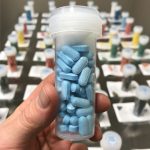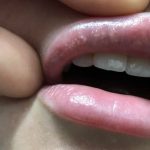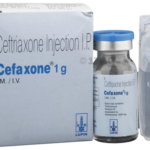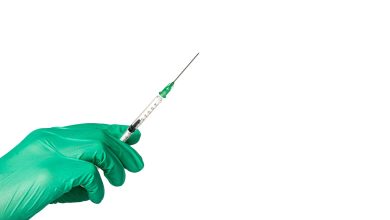Best Medications To Get Rid Of Chlamydia Bumps
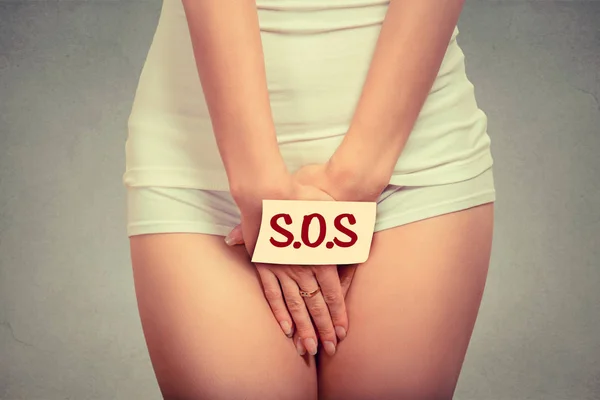
Chlamydia is a common sexually transmitted infection (STI) caused by the bacteria Chlamydia trachomatis. Chlamydia can be transmitted through vaginal, anal, or oral sex with an infected person. It can cause a range of symptoms, but many people with chlamydia have no symptoms at all.
In some cases, chlamydia can cause bumps or sores in the genital area. These bumps can appear on the penis, vulva, or anus. They are usually small and painless and may be mistaken for pimples or ingrown hairs. However, if left untreated, chlamydia can lead to serious health problems, including pelvic inflammatory disease (PID), infertility, and an increased risk of HIV transmission.
It is important to get tested for chlamydia if you think you may have been exposed to the infection, even if you have no symptoms. Testing is done through a urine test or a swab of the affected area. If you test positive for chlamydia, your doctor will prescribe antibiotics to treat the infection.
If you have bumps or sores in the genital area, it is important to see a healthcare provider for an accurate diagnosis. Other STIs can cause similar symptoms, and some require different treatments.
How is Chlamydia Bumps treated?
Chlamydia is a bacterial infection that can be treated with antibiotics. If you have chlamydia bumps, your healthcare provider will likely prescribe antibiotics to clear the infection. It’s important to take the full course of antibiotics as prescribed, even if your symptoms go away sooner.
In addition to antibiotics, it’s important to abstain from sexual activity until the infection is cleared and to notify your sexual partners so they can get tested and treated as well. It’s also important to get retested after completing the antibiotics to ensure that the infection has been fully cleared.
Best Medications To Get Rid Of Chlamydia Bumps
Treatment for chlamydia typically involves a course of antibiotics to eliminate the infection. The most commonly prescribed antibiotics for chlamydia include:
1. Azithromycin: This is a commonly prescribed antibiotic for chlamydia that is taken as a single dose. Azithromycin works by stopping the growth of bacteria, thereby eliminating the infection.
2. Doxycycline: This is another commonly prescribed antibiotic for chlamydia. It is taken over the course of 7 days, twice a day. Doxycycline works by preventing the bacteria from reproducing, which helps eliminate the infection.
3. Erythromycin: This is an antibiotic that is sometimes used to treat chlamydia in people who are allergic to other antibiotics. Erythromycin is taken over the course of 7 days, four times a day.
It is important to note that while antibiotics are highly effective at treating chlamydia, it is still possible to contract the infection again if you engage in unprotected sexual activity with an infected partner. To prevent reinfection and the spread of chlamydia, it is important to use barrier methods of contraception, such as condoms, during sexual activity.
In addition to taking antibiotics, it is also important to avoid sexual activity until the infection has been completely treated and any bumps or sores have healed. You should also be sure to follow up with your healthcare provider for testing to ensure that the infection has been fully eliminated.
How To Prevent Chlamydia Bumps
Chlamydia is a sexually transmitted infection caused by the bacterium Chlamydia trachomatis. The most effective way to prevent Chlamydia and Chlamydia bumps is to practice safe sex. Here are some ways to prevent Chlamydia:
1. Use condoms consistently: Using a condom during sex, including oral, anal, and vaginal sex, is the best way to prevent the spread of Chlamydia.
2. Get tested regularly: Getting tested for Chlamydia and other sexually transmitted infections is important, especially if you have multiple sexual partners or engage in high-risk sexual behavior.
3. Limit the number of sexual partners: Reducing the number of sexual partners can help reduce the risk of Chlamydia infection.
4. Practice good hygiene: Keeping the genital area clean and dry can help prevent the growth of bacteria that can lead to infection.
5. Avoid douching: Douching can disrupt the natural balance of bacteria in the vagina and increase the risk of infection.
6. Avoid sharing personal items: Sharing personal items like towels, underwear, or sex toys can increase the risk of Chlamydia transmission.
7. Talk to your partner: Open communication with your sexual partner(s) can help reduce the risk of Chlamydia and other sexually transmitted infections.

